Unlocking ADHD writer, Constance Thum, explores the ADHD symptoms of inattention, hyperactivity and impulsiveness to take note of in children and teens, and how a diagnosis is made from the symptoms exhibited.

It is not unusual for children and teens to be bursting with energy and curious about new things they encounter. When should parents then be concerned about their child’s exceptionally high energy levels and distractibility?
Attention Deficit Hyperactivity Disorder (ADHD) is characterised as the persistent inability to focus or pay attention, and/or hyperactivity that affects their healthy development. It is thus important for parents or educators to take note of symptoms in children and teens for early treatment.
Inattention
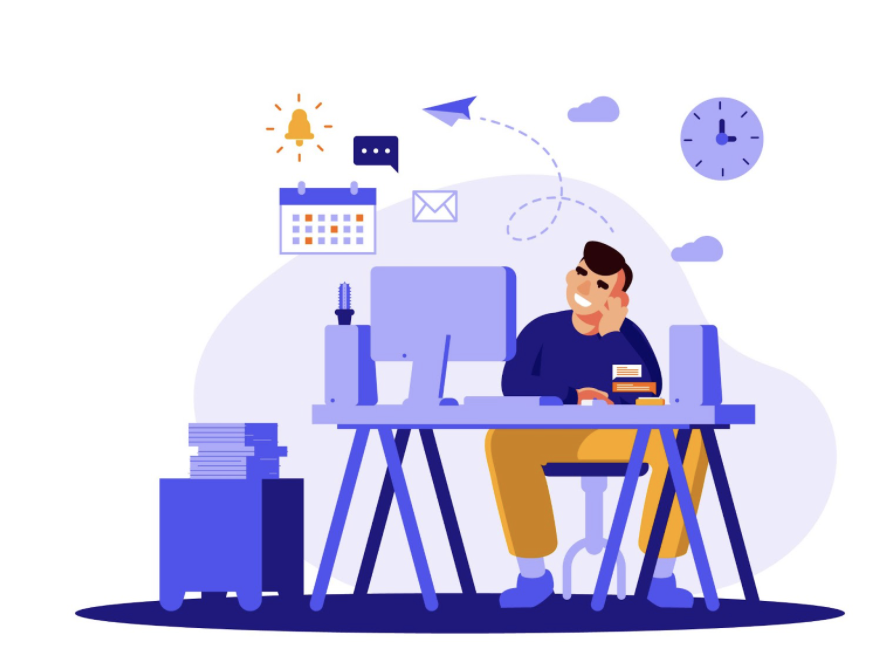
The nine symptoms of inattention among children and teens are as follows:
- Struggling with remembering details like basic instructions (e.g., misremembering steps for house chores) and making careless mistakes (e.g., misspelling simple words and miscounting numbers)
- Being forgetful when engaging in routine activities (e.g., leaving the tap on after washing their hands or forgetting to lock the door after leaving the house)
- Frequently misplacing his/her belongings such as their wallets, keys and stationery
- Being easily distracted in general
- Poor focus even during a single activity, or relatively fun activities like games
- Tasks often left uncompleted (e.g., unfinished food or homework)
- Avoiding long, tedious tasks like their homework
- Poor organisational skills (e.g., poor time management and difficulty arranging tasks into steps)
- Inattentiveness when directly spoken to (e.g., appearing to not be listening)
Hyperactivity and Impulsiveness
The nine symptoms of hyperactivity and impulsiveness among children and teens are as follows:
- Excessive and frequent talkativeness
- Inability to stay quiet regardless of the activity
- Poor self-control when speaking (e.g., answering questions before the sentence is finished)
- Impatient and has difficulty waiting for his/her turn
- Interrupting conversations and other activities like games
- Constant fidgeting and unable to sit still
- Leaving his/her seat without permission
- Restlessness and overactivity (e.g., running or climbing) that is disruptive or inappropriate
- Inability to relax and seems to always be in “overdrive” mode
Symptoms and Diagnosis
According to the Diagnostic and Statistical Manual of Mental Health Disorders by the American Psychiatric Association, if children (below age 16) display more than six out of the nine symptoms of inattention and/or hyperactivity and impulsivity, they may have ADHD.
As for teens (age 17 and above), if they display more than five out of the nine symptoms of inattention and/or hyperactivity, they may have ADHD.
For both children and teens, these symptoms must persist for over six months and interfere with their healthy functioning in order for a diagnosis to be made.
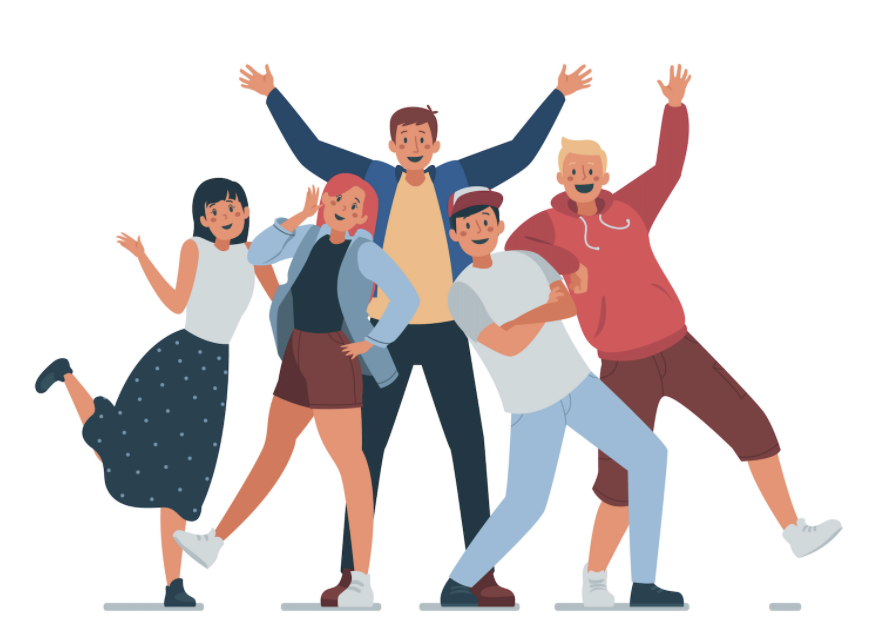
Identifying ADHD symptoms in children and teens early is important for a proper diagnosis so that appropriate treatment can be carried out. Careful monitoring by parents and confirmation by a medical professional enables your child or teen to receive the help they need to better assist their healthy development.
With treatment, ADHD children and teens may better understand and manage their conditions to allow them to maximise their full potential. Overall, symptoms may be viewed as the body’s warning signals to receive timely help that is critical for an improvement in the condition of your child and/or teen.









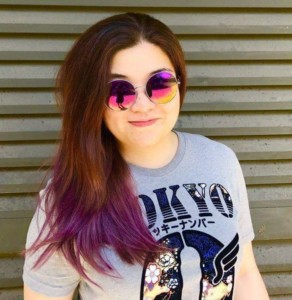






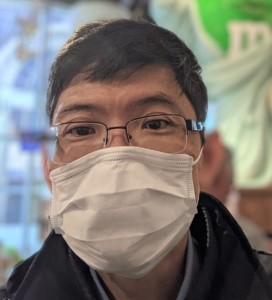






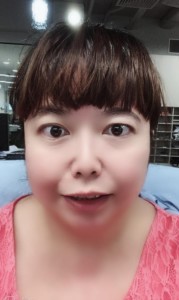












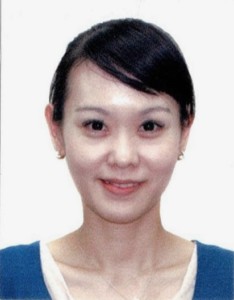




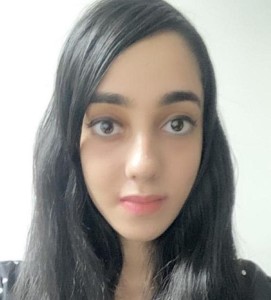










Leave a Reply